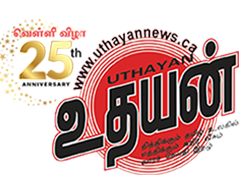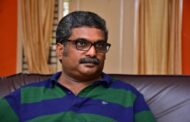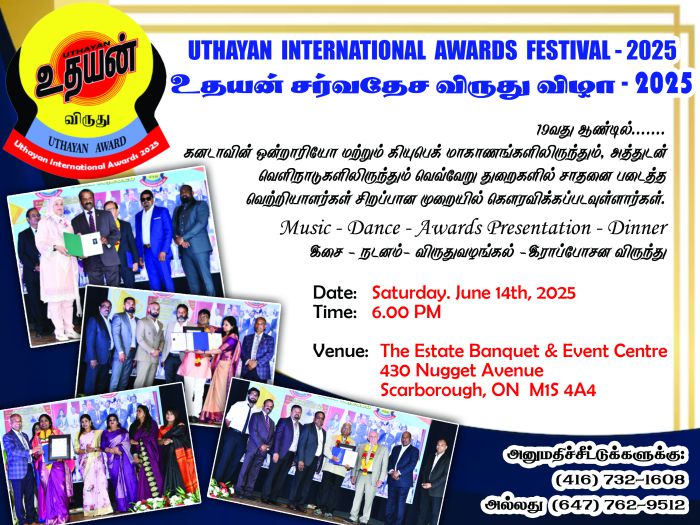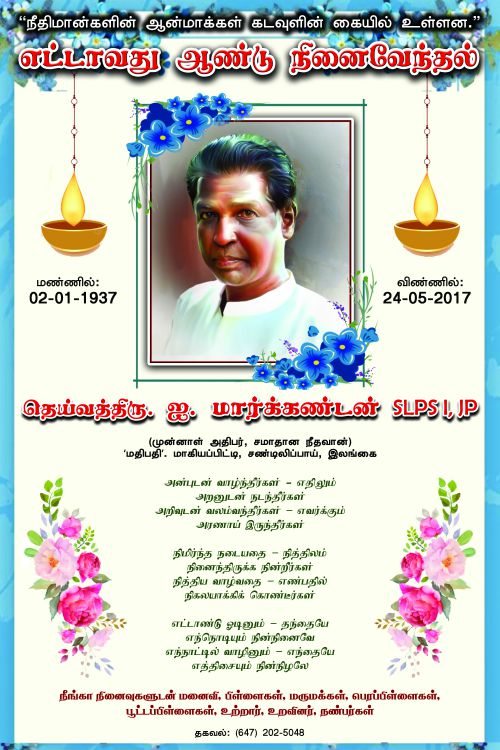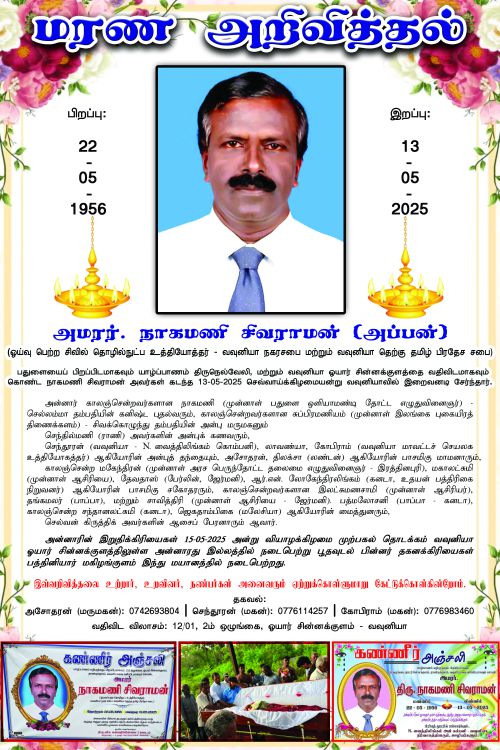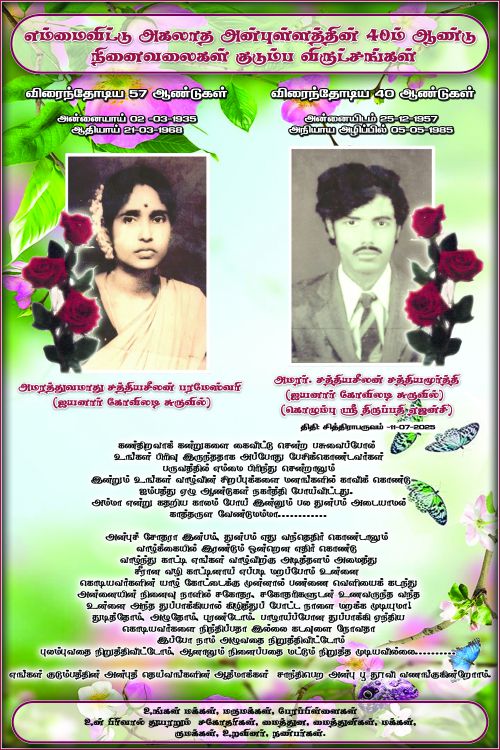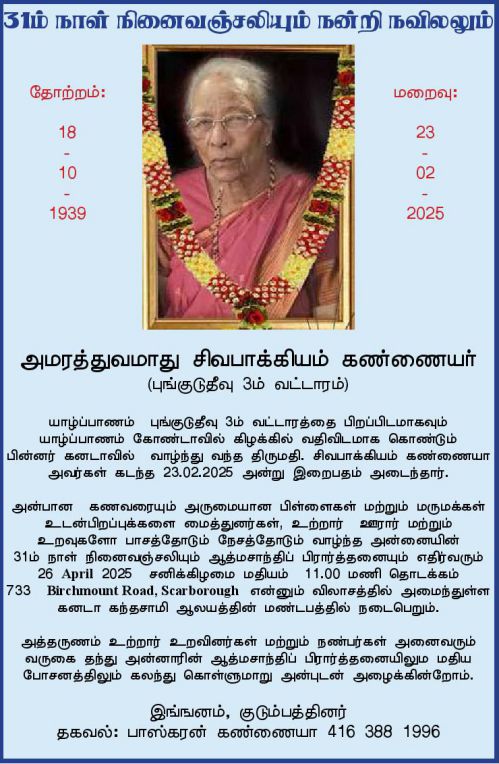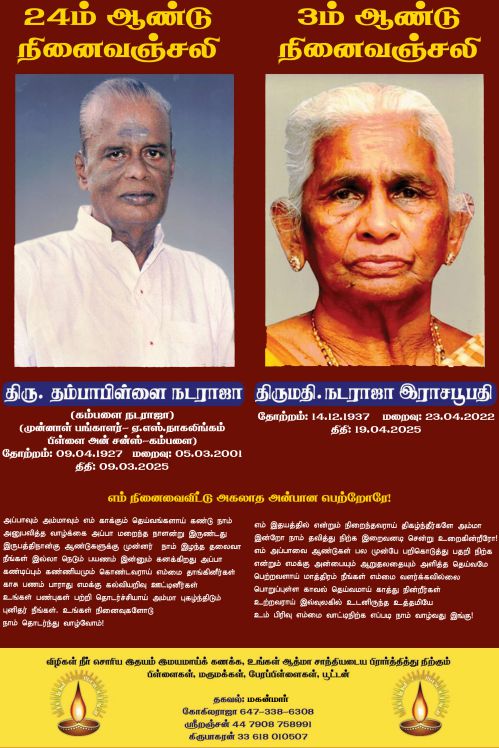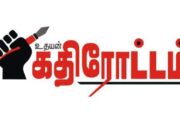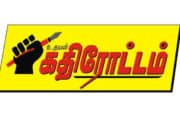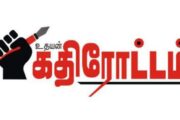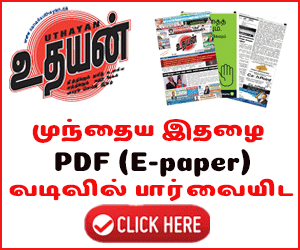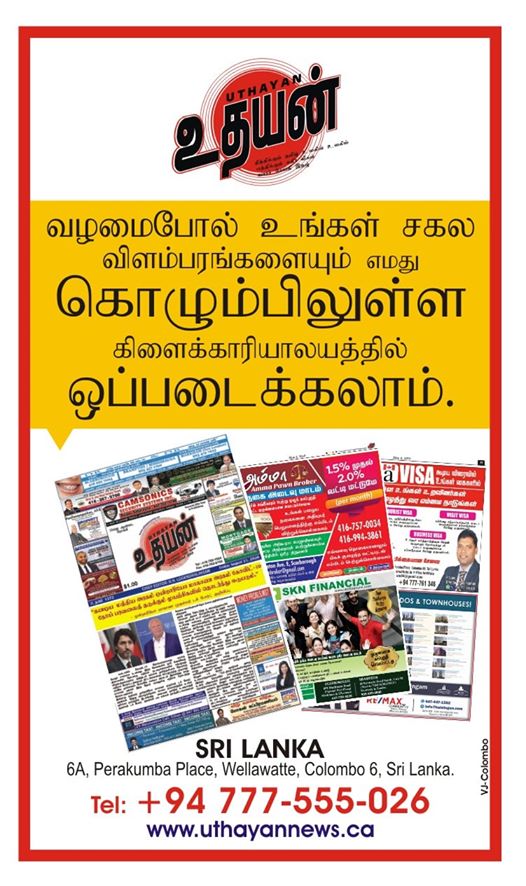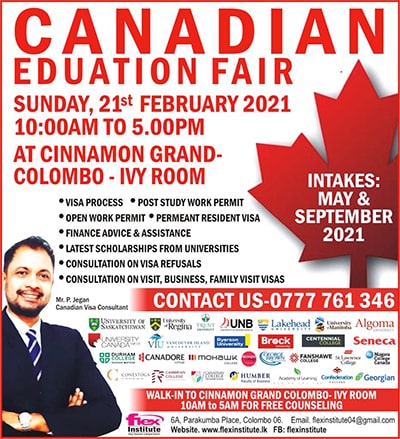Siva Parameswaran
The UN’s top Human Rights body has strongly criticized the Sri Lankan government for promoting a culture of impunity and failing to acknowledge the wrongdoings of the state security forces over decades.
The UN Human Rights Commissioner in his Advance copy on the “Situation of human rights in Sri Lanka” to be submitted to the Human Rights Council’s 57th session scheduled between 9th September-9th October has expressed his deep concern about the human rights situation in the island nation.
“Failure of the Sri Lankan State to specifically recognize victims’ suffering, to acknowledge the military and other security forces’ role in the commission of gross human rights violations, and to address violations committed in the past and present, has been a key obstacle to the rule of law, democracy, and good governance” Commissioner Volker Türk’s report says.
Noting the scheduled Presidential election in the country, the UNHRC commissioner has urged the new government to adopt an inclusive approach, undertake strong reforms, and ensure accountability.
“Following the elections, the newly elected Government should – as a matter of urgency – pursue an inclusive national vision for Sri Lanka that addresses the root causes of the conflict and undertakes fundamental constitutional and institutional reforms needed to strengthen democracy and devolution of political authority andadvance accountability and reconciliation”.
Speaking of the mass grave in war-torn Vanni that was closed in July after the recovery of 54 skeletons, the high commissioner has highlighted the lack of government assistance to investigate mass burial sites “despite the fact that several mass graves have been accidently discovered and partially exhumed in Sri Lanka over past decades”.
“OHCHR remains concerned there are insufficient financial, human and technical resources to conduct exhumations in line with international standards and encourages the Government to seek international support in this regard.”
The Government had released LKR 5.7 million (USD18,800) for the first phase of the excavation and exhumation of a mass grave found in Mullaitivu, Kokkuthoduvai in June 2023, with an additional LKR9.7 million (USD32,000) allocated for the second phase.
Expressing his deep resentment at the continuing culture of impunity, he has called for credible action to ensure justice is rendered for the human rights violations that continue to be committed despite the past reports and recommendations by his office. Persons known to have committed gross human rights violations are being protected by the state rather than making them stand trial for the alleged offences.
Many of the structures and some of the members of the State apparatus credibly implicated in the grave crimes and human rights violations remain in place, preventing meaningful progress in terms of accountability and perpetuating human rights violations. As noted in the report to the 51st Human Rights Council session, entrenched impunity has also been manifested in the corruption and abuse of power that contributed to the economic crisis and drove the popular protests in 2022”.
The government’s recent action ‘Yukthiya’ has also come in for strong condemnation from the UNHRC commissioner. Sri Lanka Government launched the ‘Yukthiya’ operation in December 2022, under the directive of the Minister of Public Security-Tiran Alles and with the support of armed personnel, have carried out a heavy-handed operation what they call aimed to control the ‘drug menace’. The deployment of military personnel in that operation has come in for strong condemnation within the country and now from the top official of the UN rights body. The involvement of the military is criticized as a troubling escalation in the militarization of drug law enforcement efforts. The commissioner has now called for the operation to be halted.
“Stop the ‘Yukthiya’ operations, and release all individuals detained under this operation; provide community-based treatment, rehabilitation, and harm reduction support to people with drug dependency; and develop and implement a human rights and public health centred drug policy in line with the International Guidelines on Human Rights and Drug Policy”.
The mass uprising ‘Aragalaya’ against the Gotabaya Rajapaksa government that resulted in his ouster, called for sweeping reforms to strengthen the rule of the law. Referring to the ‘Aragalaya’ protest in his report, High Commissioner Turk has expressed his dissatisfaction the demands are not acted upon.
The popular demands by the mass protest movement in 2022 for democratic reforms and accountability for corruption and economic mismanagement remain largely unfulfilled. Long overdue reforms to advance human rights and reconciliation, especially in institutional and security sectors, have not occurred. On the contrary, as described herein, there are renewed threats to fundamental freedoms, evidenced by new or proposed regressive laws and ongoing instances of threats, intimidation, and violence against victims, civil society, journalists, and critics says his report.
Volker Türk in his report to the UN Human Rights Council ahead of its September session has called upon those coming to power in the Presidential and Parliamentary elections to recommit themselves to ensure the implementation of the transformational changes demanded by the broad cross-section of the society. In his concluding remarks of the report, he urged the protection of fundamental rights of the citizens.
“The Government has a responsibility –prior, during and after the election period – to fully protect and respect the rights to freedom of expression, association, and peaceful assembly, including by refraining from the use of unnecessary or excessive force against protestors, to take measures to prevent and tackle divisive and discriminatory rhetoric and practices, based on religious, gender or other grounds, and prevent election-related and other human rights violations and abuses”.
As part of his recommendations, he has called upon the government that decisions on economic policy and fiscal consolidation must be guided by Sri Lanka’s international human rights obligations, including by ensuring adequate social protection. He has also expressed his ‘deep concern’ over new laws like the Online Safety Bill which he calls regressive and curtails human rights.
“Emerging trends observed during the reporting period, including a continuing lack of respect for fundamental freedoms as evidenced by new regressive laws, erosion of democratic checks and balances, instances of threats, intimidation, and violence against victims, civil society actors, and journalists and resurfacing of serious human rights violations of the past, are of deep concern”.
Outlining his stand for ensuring accountability and reconciliation Volker Türk has emphasized fundamental changes are key to it and those changes must include exclude individuals accused or implicated in serious rights violations. Also, any changes brought in the legal framework of the country must adhere to international obligations and ensure past violations are repeated over time and again he said in his concluding remarks of his report.
“Fundamental changes are needed for advancing accountability, reconciliation, and preventing future human rights violations and the abuse of power. This includes implementing significant security sector reforms, which should involve vetting to remove those implicated in serious violations and establishing an operational and judicial framework ensuring strict compliance with human rights standards. The Government should undertake the constitutional, legal and institutional reforms necessary to comply with the country’s international human rights obligations, prevent the recurrence of grave violations and strengthen democratic and devolved systems of governance”.
The commissioner says his office continues to stand ready to assist Sri Lanka on this path.
He has also called upon the Human Rights Council and individual Member states to come forward to fill the accountability gap in Sri Lanka by supporting and using the full potential of his office. Among his recommendations to the Government of Sri Lanka, the UNHRC commissioner has called upon to “immediately impose a moratorium on the Prevention of Terrorism Act (PTA) and ensure that any replacement legislation is consistent with international human rights law”.
“Despite promises of a de facto moratorium on use of the PTA, the authorities have continued to use it to arrest and detain people, including Tamils commemorating their relatives who died in the civil war”. Volker Türk has also recommended to the Human Rights Council and its Member States to cooperate in investigating and prosecuting alleged perpetrators of international crimes committed by all parties in Sri Lanka through judicial proceedings in national jurisdictions, including under accepted principles of extraterritorial or universal jurisdiction, through relevant international networks and mutual legal assistance processes, and in cooperation with survivors, families, and their representatives and consider using other international legal options to advance accountability in Sri Lanka. Apart from recommending further targeted sanctions such as asset freezes and travel bans against individuals credibly alleged to have perpetrated gross international human rights violations or serious humanitarian law violations; he has urged the government to publicly issue unequivocal instructions to all branches of the military, intelligence and police forces that arbitrary arrests, extrajudicial killings, torture, sexual violence and other human rights violations are prohibited and will be systematically investigated and punished.
His recommendations include avoiding the involvement of the military in law enforcement, commercial and civil affairs and significantly reducing military presence in the North and Eastern Provinces and ordering all security agencies and intelligence to immediately end all forms of surveillance and harassment of and reprisals against human rights defenders, journalists, victims of human rights violations and their families, especially women.
